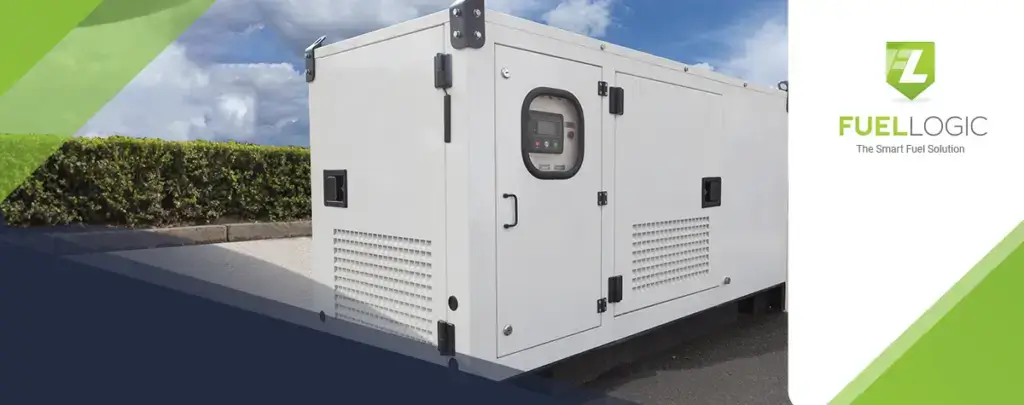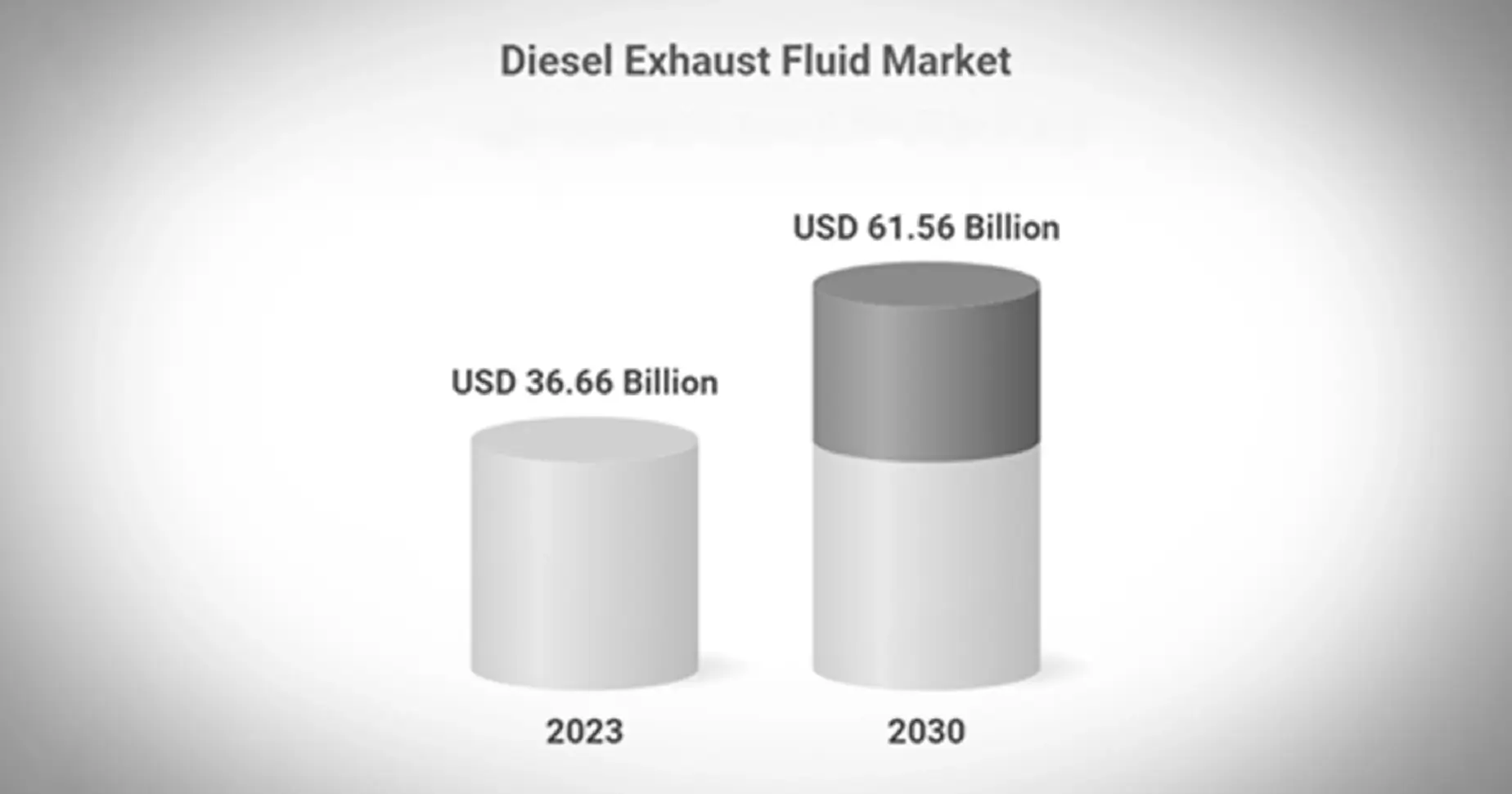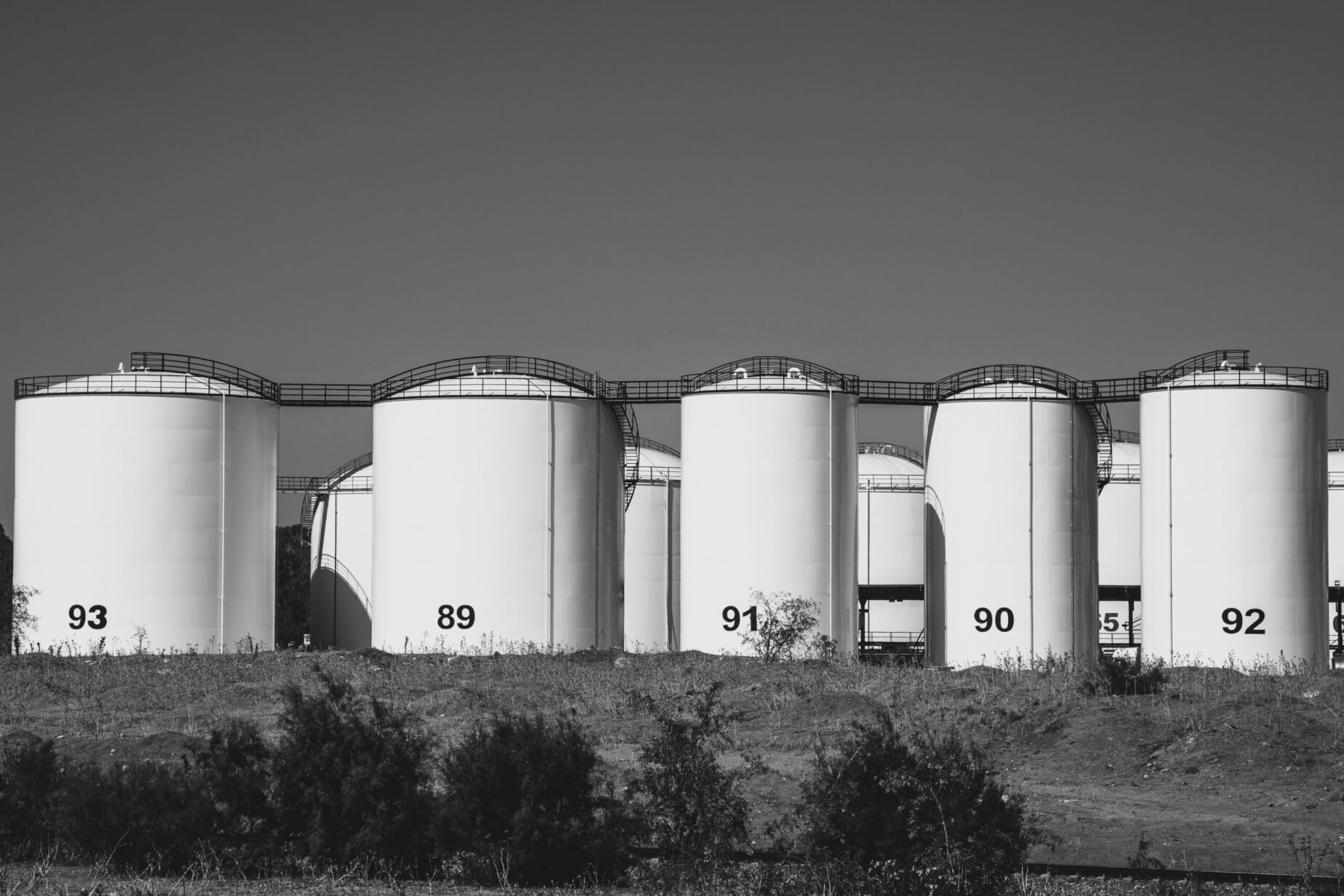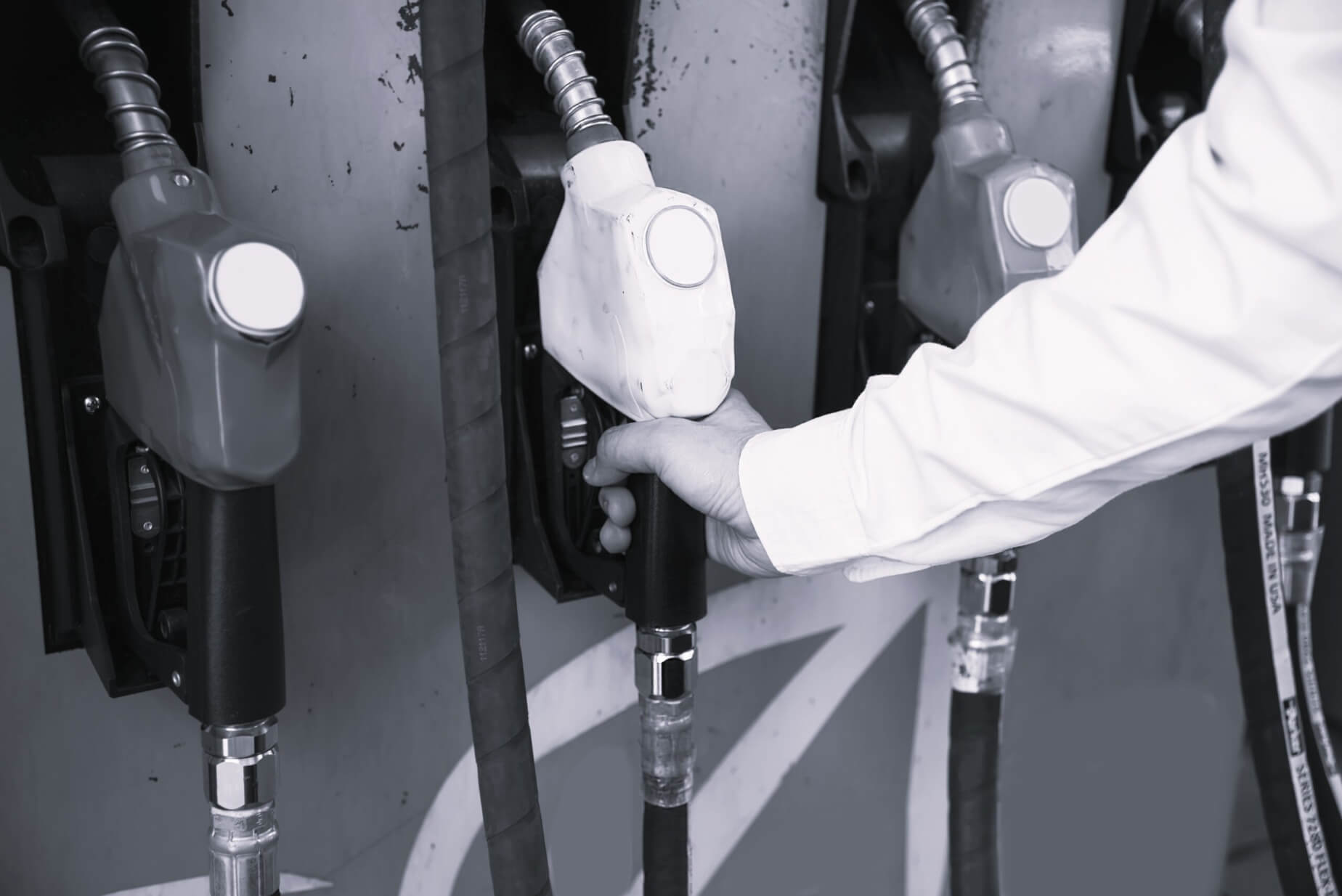What is Fuel Polishing?
If your worksite relies on large fuel storage, it’s essential to be aware of the potential challenges associated with fuel quality. Stored fuels, if left untreated and untested, can gradually become contaminated, leading to detrimental effects on equipment performance and reliability.
Moreover, fuel contamination poses a significant risk of premature shutdowns for essential diesel engine support functions, including standby generators and fire pump engines. As the duration of fuel storage increases, the likelihood of engine issues arising from clogged filters rises.
However, there’s no need to despair or hastily dispose of your fuel! If it has developed sludge or darkened to an alarming extent, then proactively treating and testing stored fuel can ensure optimal fuel performance. How?
This is where fuel polishing steps in as a crucial solution! But what is fuel polishing? Want to know more about this effective solution that can salvage contaminated fuel? In this article, we will explore the world of fuel polishing and equip you with all the essential knowledge you need to ensure the longevity and efficiency of your reserved fuel.
So, let’s embark on this journey of exploration and discovery, uncovering the power of fuel polishing to secure the integrity of your fuel reserves for years to come!

What is the process of fuel polishing?
Fuel polishing is a mechanical cleaning process that is used for purifying and rejuvenating stored fuel to remove contaminants and maintain its quality. Over time, fuel can accumulate impurities that can compromise its effectiveness and potentially damage engines and fuel systems.
Fuel polishing utilizes specialized equipment and filtration systems to eliminate these impurities, ensuring that the fuel is in optimal condition for use. It possibly saves you hundreds of dollars on the treatment of fuel or its replacement.
At their most effective and secure, fuel polishing systems focus on the densest matter initially, especially the one that has accumulated close to the suction side of the internal pumping side. To achieve the greatest (and safest) outcomes, most of the fuel polishing procedures should be carried out on the suction side, especially in diesel fuel polishing.
What does fuel polishing do?
Fuel polishing removes impurities and contaminants from stored fuel. It improves fuel quality and stability, ensuring efficient combustion and engine performance. Moreover, it helps extend the lifespan of engines and fuel systems.
Additionally, Fuel polishing enhances the combustibility of the fuel, ensuring efficient ignition and consistent power output. This is especially critical for standby power generators, marine vessels, and other applications where fuel quality directly impacts reliability. Overall, fuel polishing ensures clean, reliable fuel for optimal operation.
What are the main target contaminants of fuel polishing?
Fuel polishing targets several primary contaminants that can accumulate over time in stored fuel. These contaminants include:
1. Water
Water is a common contaminant in stored diesel fuel due to condensation, leaks, or improper storage practices. Water can promote microbial growth, corrode fuel system components, and reduce the fuel’s combustion efficiency.
2. Sediments and particles
Sediments, dirt, rust, and other particles can find their way into diesel fuel, especially during storage and handling. These contaminants can clog fuel filters, injectors, and other critical components, leading to reduced engine performance and potential breakdowns.
3. Microbial growth
Microbial growth, commonly called “diesel bugs,” can occur when water and organic matter are present in the fuel storage system. The most common microbes are:
- Bacteria
- Algae
- Bio-films
- Yeast
These microbes form colonies that can clog filters, produce corrosive byproducts, and degrade fuel quality.
4. Oxidation byproducts
Over time, diesel fuel can oxidize, resulting in the formation of harmful byproducts such as varnishes, gums, and sludge. These oxidized compounds can contribute to fuel system deposits, injector fouling, and decreased fuel stability.
By targeting and removing these contaminants, fuel polishing plays a crucial role in maintaining the quality and performance of stored fuel.
What does fuel polishing prevent?
Fuel Polishing is an effective treatment that can prevent several issues related to contamination of the fuel and clogged pores. We have addressed some of the serious issues which are prevented. Read on!
1. Engine failures
Contaminated fuel can lead to engine failures and malfunctions due to clogged filters, injector blockages, or reduced lubrication properties. Fuel polishing prevents such issues by removing impurities that could compromise engine performance.
2. Equipment downtime
When fuel-related problems occur, equipment downtime becomes inevitable. Regular fuel polishing minimizes the risk of unexpected shutdowns, ensuring the continuous operation of critical machinery and reducing potential revenue loss.
3. Costly repairs
Repairing or replacing damaged engines and fuel systems can be expensive. Fuel polishing acts as a preventive measure, significantly reducing the likelihood of costly repairs caused by contaminated fuel.
Does fuel polishing remove water?
Yes, fuel polishing is designed to remove water from stored fuel. Water can lead to corrosion, fuel degradation, and microbial growth, all of which can harm engines and fuel systems.
Fuel polishing systems incorporate filtration mechanisms that effectively separate and remove water from the fuel, ensuring its purity and preventing associated issues. Removing water is a crucial aspect of fuel polishing to maintain the integrity and performance of the fuel.
How long does it take to run a fuel polisher?
The duration of a fuel polishing process can vary depending on several factors, including the volume of fuel being treated, the level of contamination, and the specific equipment used. Generally, fuel polishing can take anywhere from a few hours to several days.
Smaller fuel storage tanks with lower levels of contamination may require a shorter processing time, while larger tanks or heavily contaminated fuel may require a longer duration to achieve desired results. For example, a fuel polisher rated at 20 GPM would need to operate for 500 minutes, or approximately 8.3 hours, on a 10,000-gallon tank.
However, it is important to consider that the time invested in fuel polishing is worthwhile compared to the potential costs and disruptions caused by using contaminated fuel.
Now You Know How to Get Clean fuel and efficient performance
We hope you’ve come to a thoughtful conclusion to your question, “What is fuel polishing, and how is it an essential process for maintaining clean and high-quality fuel?”
Whether you store diesel, gasoline, or other fuels, regular fuel polishing is necessary to ensure optimal performance and prevent costly damage to your equipment.
When it comes to keeping your fuel clean and your equipment running smoothly, Fuel Logic is the name to trust. With state-of-the-art technology and a team of skilled professionals, Fuel Logic is the ultimate choice for maintaining and delivering top-notch fuel quality. Don’t compromise on the life of your engines and machinery—choose Fuel Logic for pristine fuel and peace of mind.
Contact Fuel Logic today and experience the difference of working with industry-leading professionalism. Fuel Logic: Your trusted companion, delivering excellence in fuel every time.





